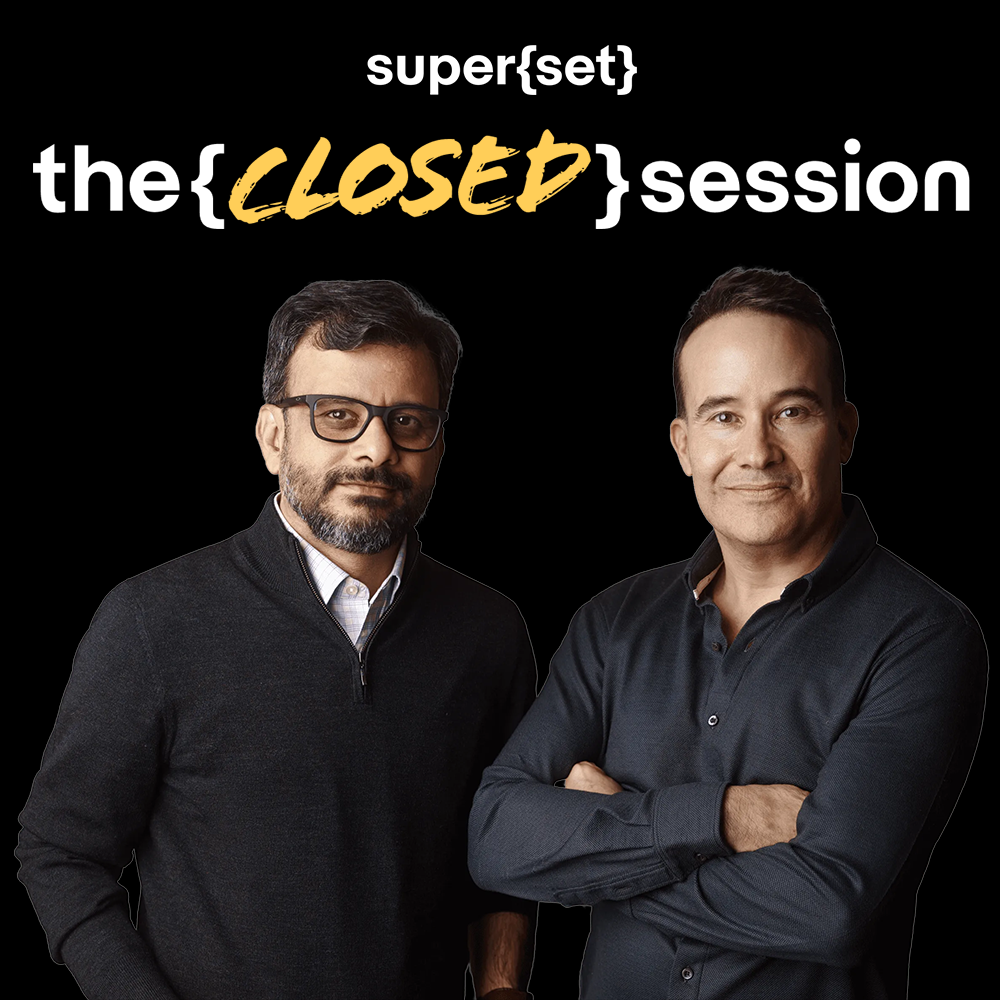
Arthur Patterson on Venture Investing
Tom and Vivek sit back and review the tape - analyzing Arthur’s insight into the early days of venture capital, where venture stands today, how venture capitalists view long time horizons, and what he is most proud of from his long career.
Tech, startups & the big picture
Subscribe for sharp takes on innovation, markets, and the forces shaping our future.
PODCASTS
More Episodes
Explore additional conversations with entrepreneurs, investors, and leaders shaping the future of tech and business.
No items found.

